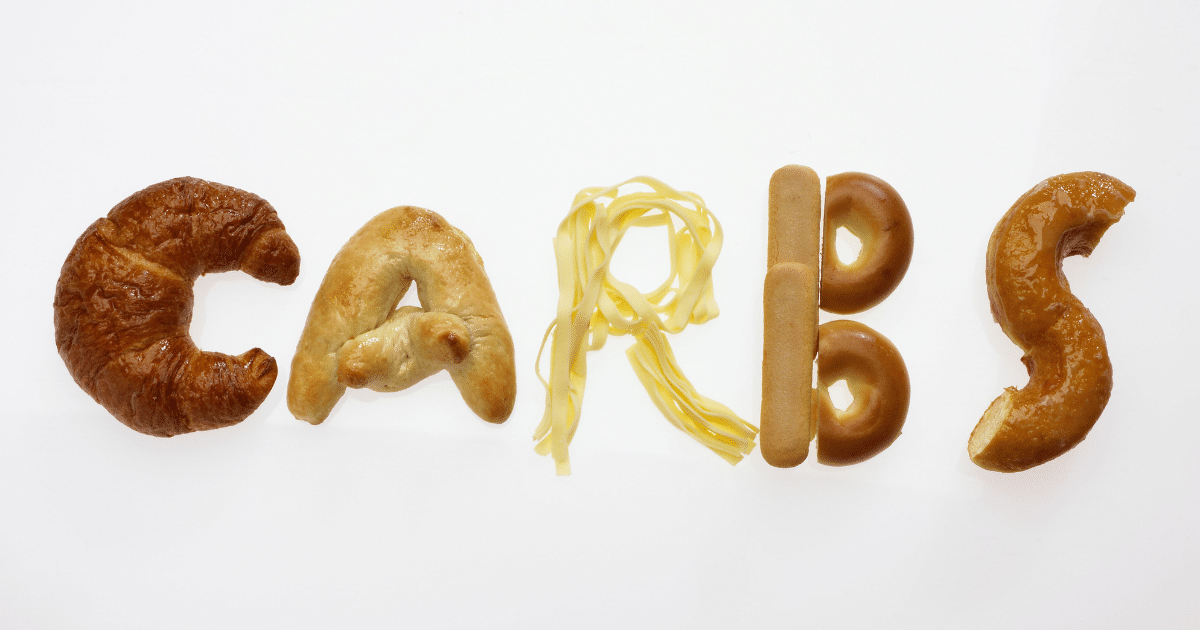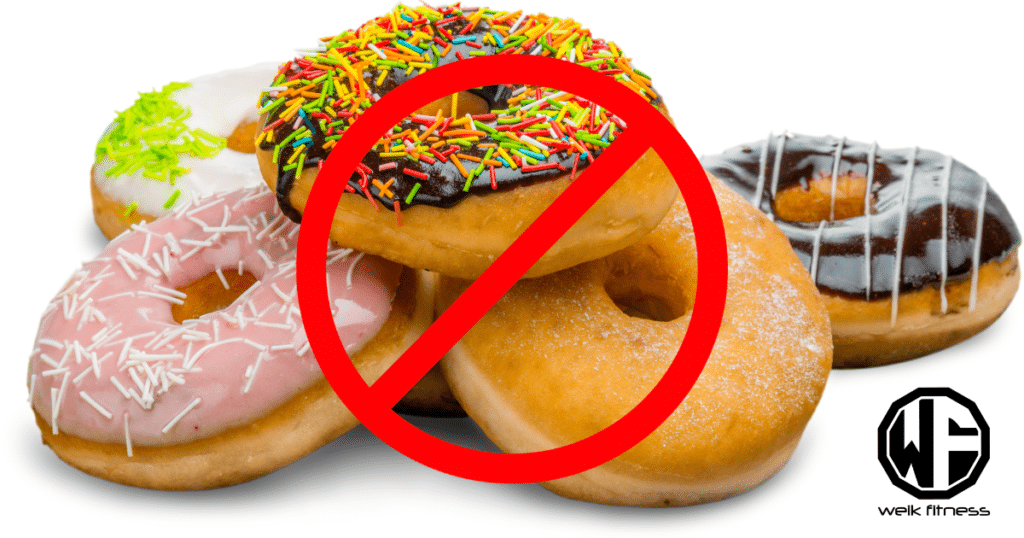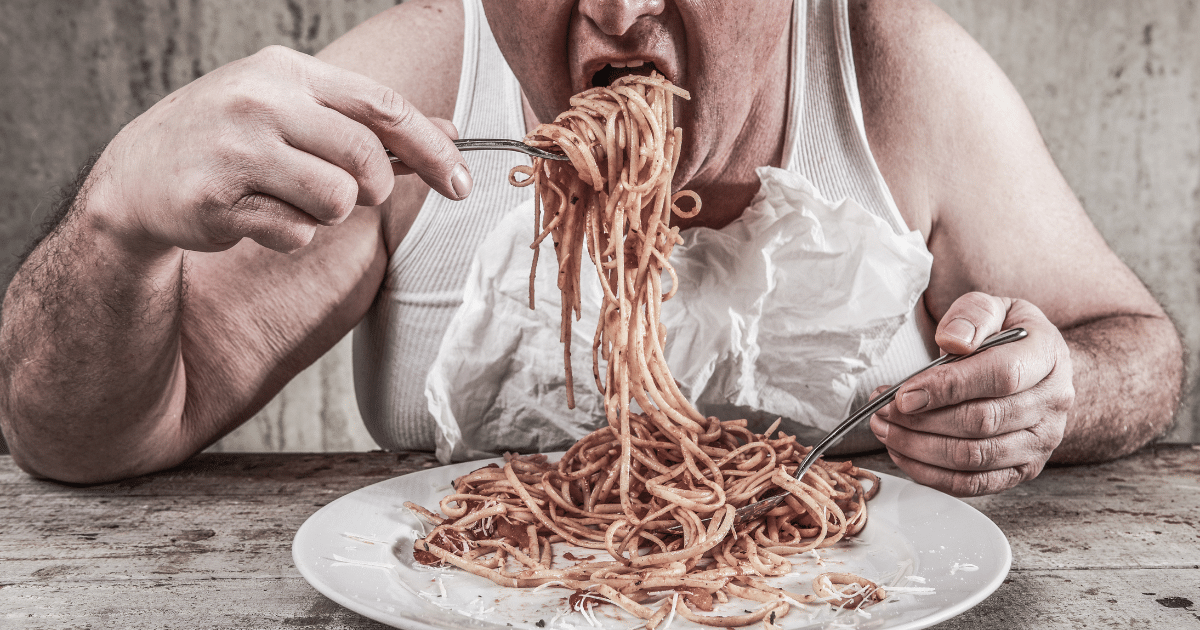Is it Really Necessary to Cut Carbs to Lose Weight?
This is truly a very tricky and loaded question. If you cut carbs, will you lose weight? Yes. If you do not cut carbs and simply manage them better, will you lose weight? Yes. You’re probably ready to smash your device at this point after just reading that answer.
I wish it were easier to just say the only way to lose weight is to cut carbs but that isn’t the case. It truly comes down to what carbohydrates you’re actually putting in your body. Starchy carbs and simple carbohydrates that are consumed in excess can cause you to not only crush your weight loss hopes and dream, but they can actually cause you to gain weight in the process. Does that mean consuming complex carbohydrates is a better option and will allow you to lose weight? Not necessarily. Now, you’re probably definitely ready to smash your device.
Listen, anything consumed in excess is going to cause you to gain weight. It doesn’t matter if it’s protein, fats, carbs, etc. That’s the nature of the beast when it comes to calories. If you consume them in excess and put yourself in a surplus, you gain weight. If you manage them and are in a caloric deficit, you can lose weight.
What people fail to realize is that carbohydrates, when consumed, are broken down into sugars. You either use those sugars as an energy source or they get stored by the body when not burned off (hence where weight gain comes from).
Disclaimer: This article is for informational purposes only and is not meant to treat or diagnose any condition. It is recommended that you speak with your doctor before starting any exercise program, changing your daily nutrition, or adding any supplements to your regimen.
Table of contents

Why Would You Want to Cut Carbs?
People may choose to cut carbs for various reasons, and it often depends on individual health goals and preferences. Here are some common reasons why someone might choose to reduce their carbohydrate intake:
- Weight Loss: Low-carb diets, such as the ketogenic diet, have gained popularity for their potential to aid in weight loss. When you consume fewer carbohydrates, your body may enter a state of ketosis, where it burns fat for fuel instead of carbohydrates.
- Blood Sugar Control: Cutting carbs can be beneficial for individuals with diabetes or insulin resistance. Lowering carbohydrate intake can help stabilize blood sugar levels, reducing the need for insulin.
- Increased Energy Levels: Some people report experiencing more consistent energy levels throughout the day when they consume fewer carbs. This is because the body relies on a more stable energy source, such as fat, when carbohydrate intake is reduced.
- Improved Mental Clarity: Advocates of low-carb diets suggest that reducing carbs can lead to improved mental clarity and focus. This is often associated with the idea that the brain functions more efficiently on ketones, which are produced during ketosis.
- Reduced Cravings: Cutting carbs may help some individuals control cravings and overeating, especially if they are sensitive to fluctuations in blood sugar levels.
- Managing Certain Health Conditions: Some medical conditions, such as epilepsy and certain neurological disorders, are managed with low-carb or ketogenic diets. Additionally, individuals with certain metabolic disorders may benefit from a controlled carbohydrate intake.
It’s important to note that while reducing carbs works well for some people, others may thrive on a balanced diet that includes a moderate amount of carbohydrates. The key is to find an approach that aligns with individual health goals, preferences, and lifestyle.
Must You Cut Carbs to Lose Weight?

No, cutting carbs is not the only way to lose weight. Weight loss ultimately depends on achieving a calorie deficit, where you consume fewer calories than your body expends. While reducing carbohydrate intake is one approach that some people find effective, there are various dietary strategies for weight loss. Here are some key points to consider:
- Calorie Deficit: The fundamental principle of weight loss is creating a calorie deficit. This can be achieved by either reducing calorie intake, increasing physical activity, or a combination of both.
- Balanced Diet: A well-balanced diet that includes a mix of carbohydrates, proteins, and fats, along with essential vitamins and minerals, is generally recommended for overall health. It’s not necessary to completely eliminate any macronutrient group, including carbs.
- Portion Control: Controlling portion sizes can be an effective way to manage calorie intake. Paying attention to portion sizes and eating in moderation can contribute to weight loss without the need to eliminate specific food groups.
- Physical Activity: Regular exercise is crucial for overall health and can aid in weight loss. Combining a healthy diet with physical activity helps burn calories and build lean muscle mass.
- Nutrient-Dense Foods: Focus on consuming nutrient-dense foods that provide essential nutrients without excess calories. This includes a variety of fruits, vegetables, lean proteins, whole grains, and healthy fats.
- Individual Variation: Different individuals may respond differently to various dietary approaches. Some people find success with low-carb diets, while others may prefer a moderate or higher-carb approach.
- Sustainable Lifestyle Changes: Long-term success in weight management often involves making sustainable lifestyle changes. Extreme diets that restrict certain food groups may be challenging to maintain over time.
Talking Out of Both Sides of My Mouth While at the Same Time Shoveling Carbs In

Research has shown that when looking at overweight and obese individuals, they were able to lose weight and maintain that weight when they cut carbs. The cause of this was due to the fact that when they cut carbs, they consumed fewer overall calories during the day.
In another study, researchers looked at the ratio of carbohydrates consumed in the diet to see if that played a significant role in enhanced weight loss. Participants were given a diet that consisted of 20%, 40%, or 60% carbohydrates while keeping all of their calories the same across all groups. Their findings were that the group who consumed 20% carbohydrates in their diet burned more calories each day – 250 calories to be exact when compared to the other groups.
So, does this research give us a better picture of what can happen when you cut carbs in an effort to lose weight? Yes. It does, indeed, show that when you cut carbs you put yourself in a better position to promote weight loss. The one caveat to this would be the fact that we are lumping all carbohydrates into one category and then labeling it “BAD.”
Click here to continue reading…


*Disclosure: This article may contain affiliate links or ads, which means we earn a small commission at no extra cost to you if you make a purchase through these links. These commissions help support the operation and maintenance of our website, allowing us to continue producing free valuable content. Your support is genuinely appreciated, whether you choose to use our links or not. Thank you for being a part of our community and enjoying our content.
PLEASE CONSIDER SHARING THIS ON YOUR SOCIAL MEDIA TO HELP OTHERS LEARN MORE ABOUT THIS TOPIC.





